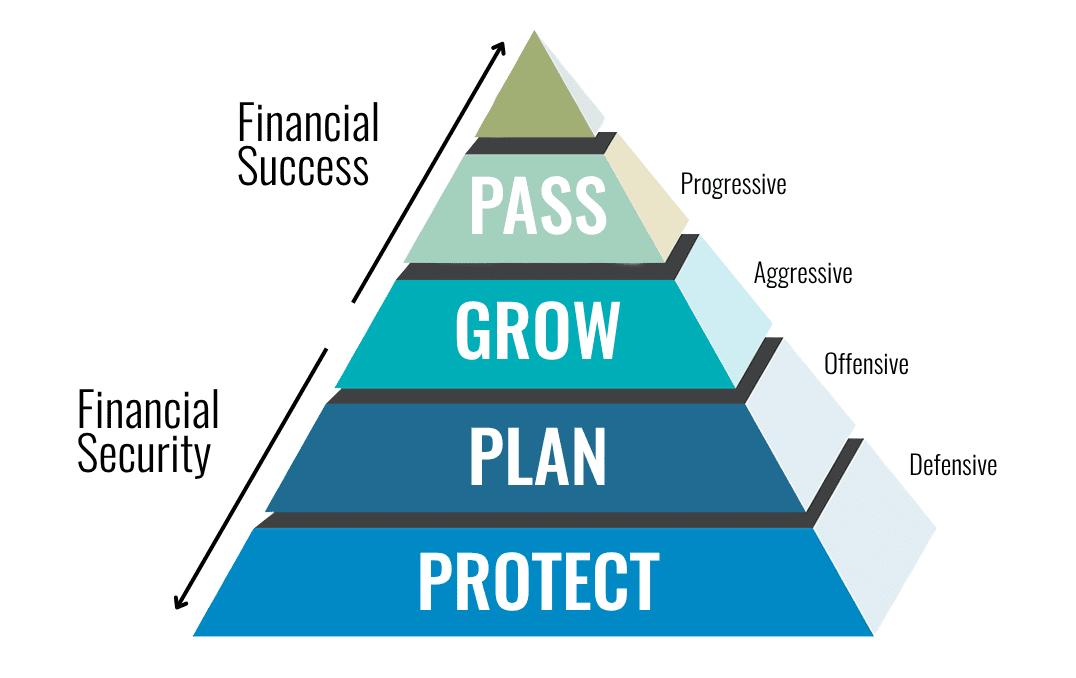Let’s Talk About Money Myths
Managing money can feel tricky, especially when you’re up against all the myths floating around about personal finance. Let’s break down some of these common myths and clear up the confusion.
Myth 1: “I Don’t Make Enough Money to Save”
Ever feel like saving is only for people with big paychecks? That’s a myth. Saving isn’t about how much you make—it’s about building the habit. Even small amounts add up over time. Start small, set it to auto-save, and increase it as you can.
Myth 2: “I’m Too Young to Start Investing”
Think you’re too young for investing? Actually, starting early is your superpower. Thanks to compound interest, even small investments can grow a lot over time. Don’t wait—future you will thank you.
Myth 3: “Budgeting is Too Restrictive”
Budgeting gets a bad rap, but it’s not about limiting yourself—it’s about gaining control. A good budget helps you see where your money’s going so you can focus on what really matters to you. That’s freedom, not restriction.
Myth 4: “A High Income Guarantees Financial Success”
Earning more is great, but it doesn’t guarantee you’ll be financially successful. If you spend everything you make, you’re still living paycheck to paycheck. Smart money habits like budgeting, saving, and investing are key, no matter how much you earn.
Myth 5: “Emergency Funds Are Unnecessary”
If you’ve got a stable job or good insurance, do you still need an emergency fund? Yes! Life happens—unexpected expenses or job loss can catch anyone off guard. An emergency fund gives you peace of mind and a safety net when you need it most.
Myth 6: “Investing Is Just Like Gambling”
Some people think investing is just rolling the dice, but that’s not true. Investing is about making informed decisions, spreading out your risks, and having a long-term plan. Gambling? That’s all luck, and the odds aren’t in your favor.
Myth 7: “I Can Start Saving for Retirement Later”
Waiting to save for retirement is a big mistake. The earlier you start, the more time your money has to grow. Delaying just means you’ll have to save a lot more later to catch up. Start now, even if it’s just a little.
Myth 8: “Life Insurance Is Only for the Elderly”
Think life insurance is only for older folks? Nope. Life insurance can protect your loved ones, pay off debts, or even act as an investment tool. No matter your age, it’s worth considering as part of your financial plan.
Myth 9: “There’s One Right Way to Succeed Financially”
There’s no single path to financial success. What works for one person might not work for you. Your income, goals, and lifestyle all play a role. Focus on what makes sense for you, and adjust as life changes.
Myth 10: “Cash Is Always King”
“Cash is king” makes it sound like holding lots of cash is the smartest move, but inflation eats away at its value over time. Keep cash for emergencies, but let your money grow by investing in other things.
Breaking free from these myths is the first step to taking control of your finances. Learn what works for you, ask for advice when you need it, and build a plan that fits your life. You’ve got this!





